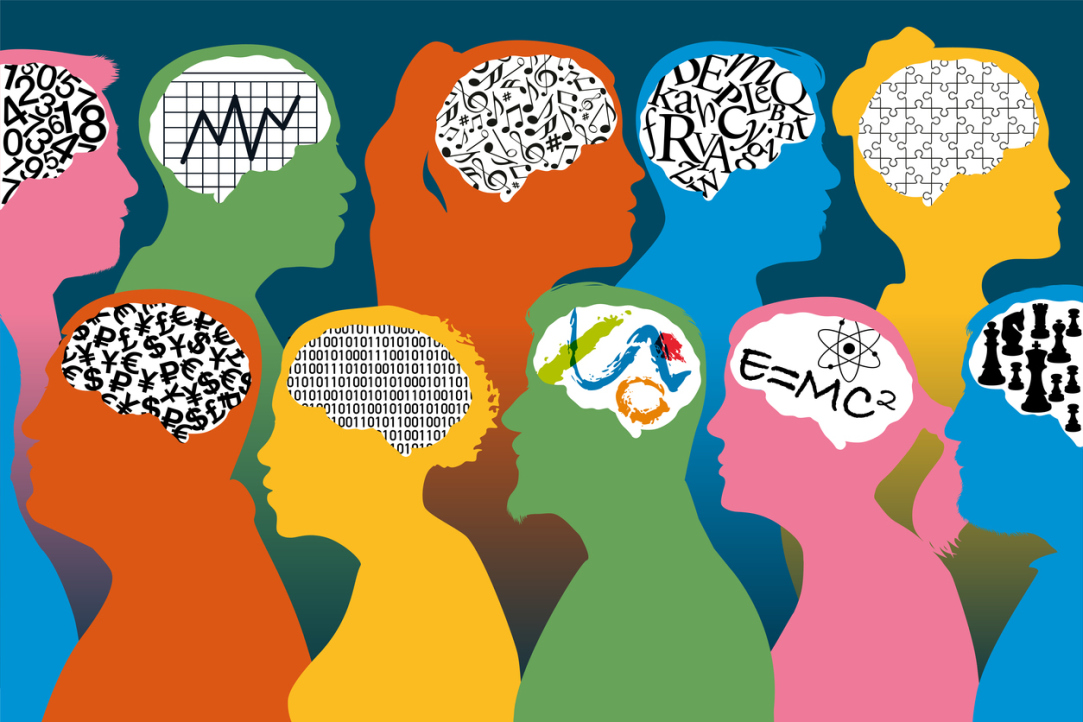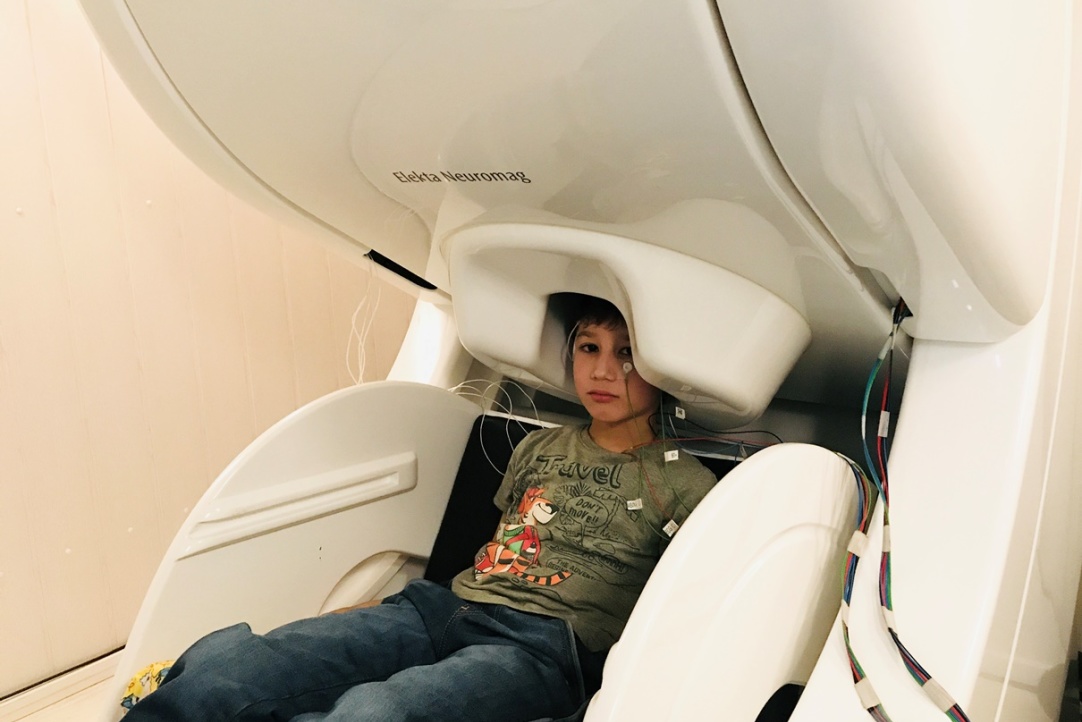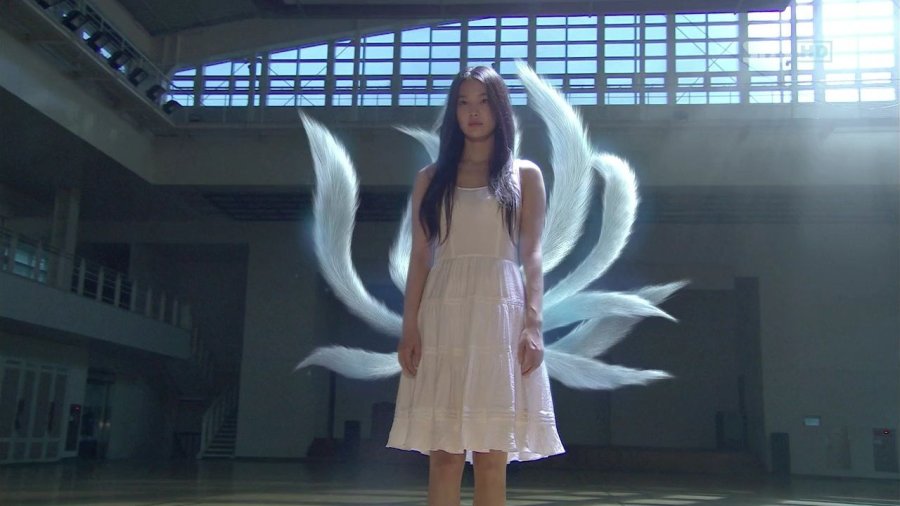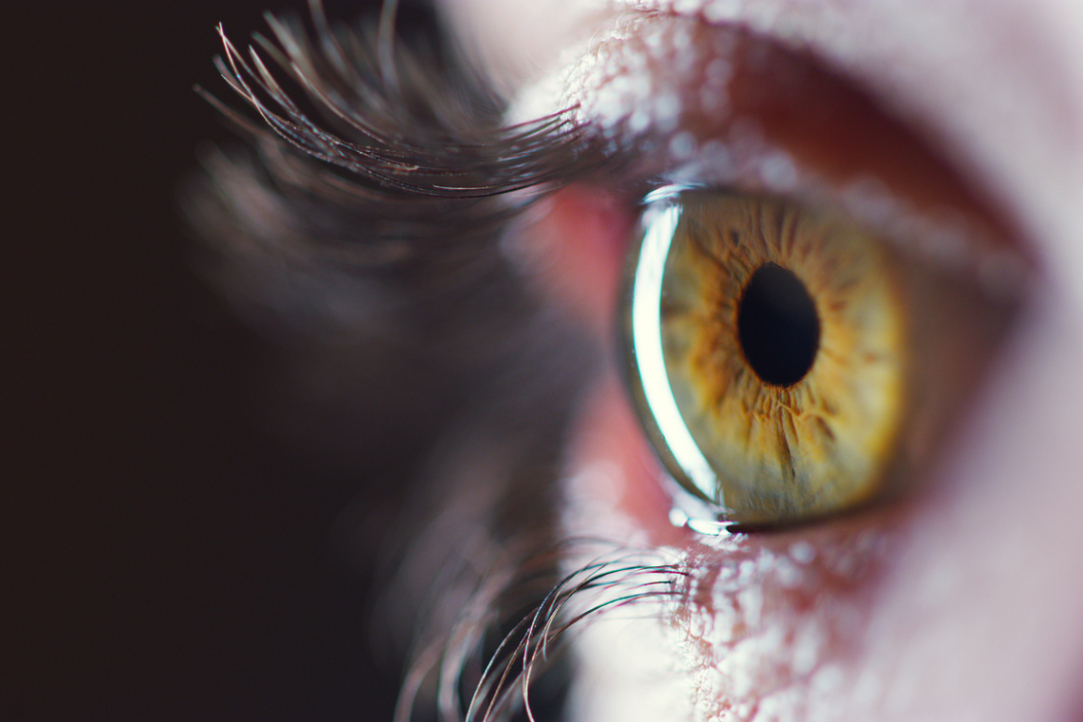South Korean TV series feature a whole typology of ghosts. Alexandra Tarasova, visiting lecturer at the HSE School of Media, Associate Professor in the Faculty of Cultural Studies at the Russian State University for the Humanities, spoke about all main types, their origin, features and behaviour of ghosts at the first open seminar to be held as part of the ‘Media Culture of East Asia: Discourses, Industries, Fandoms’ project.




















